
Code: 04315586
Shakespeare and Language: Reason, Eloquence and Artifice in the Renaissance
by Jonathan Hope
'Much drink may be said to be an equivocator with lechery: it makes him, and it mars him; it sets him on, and it takes him off; it persuades him, and disheartens him; makes him stand to, and not stand to: in conclusion, equivocate ... more
- Language:
 English
English - Binding: Hardback
- Number of pages: 272
Publisher: Bloomsbury Publishing, 2010
- More about this

You might also like
-

Don Quixote
11.47 € -19 % -

Rurouni Kenshin, Vol. 24
11.06 € -4 % -
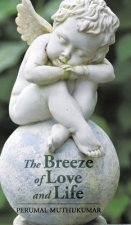
Breeze of Love and Life
16.30 € -
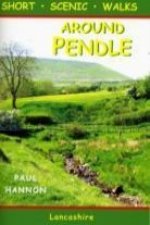
Around Pendle
6.03 € -
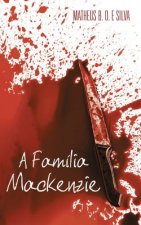
Familia Mackenzie
15.39 € -18 % -
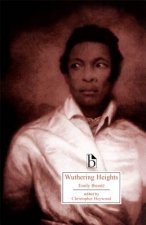
Wuthering Heights
36.74 € -

Memoirs Of A Vagabond
9.45 €
Give this book as a present today
- Order book and choose Gift Order.
- We will send you book gift voucher at once. You can give it out to anyone.
- Book will be send to donee, nothing more to care about.
More about Shakespeare and Language: Reason, Eloquence and Artifice in the Renaissance
You get 366 loyalty points
 Book synopsis
Book synopsis
'Much drink may be said to be an equivocator with lechery: it makes him, and it mars him; it sets him on, and it takes him off; it persuades him, and disheartens him; makes him stand to, and not stand to: in conclusion, equivocates him in a sleep, and, giving him the lie, leaves him.' Porter, Macbeth, II i. Why would Elizabethan audiences find Shakespeare's Porter in Macbeth so funny? And what exactly is meant by the name the 'Weird' Sisters? Jonathan Hope, in a comprehensive and fascinating study, looks at how the concept of words meant something entirely different to Elizabethan audiences than they do to us today. In Shakespeare and Language: Reason, Eloquence and Artifice in the Renaissance, he traces the ideas about language that separate us from Shakespeare. Our understanding of 'words', and how they get their meanings, based on a stable spelling system and dictionary definitions, simply does not hold. Language in the Renaissance was speech rather than writing - for most writers at the time, a 'word' was by definition a collection of sounds, not letters - and the consequences of this run deep. They explain our culture's inability to appreciate Shakespeare's wordplay, and suggest that a rift opened up in the seventeenth century as language came to be regarded as essentially 'written'. The book also considers the visual iconography of language in the Renaissance, the influence of the rhetorical tradition, the extent to which Shakespeare's late style is driven by a desire to increase the subjective content of the text, and new ways of studying Shakespeare's language using computers. As such it will be of great interest to all serious students and teachers of Shakespeare. Despite the complexity of its subject matter, the book is accessibly written with an undergraduate readership in mind.
 Book details
Book details
Book category Books in English Literature & literary studies Literature: history & criticism Literary studies: plays & playwrights
145.77 €
- Full title: Shakespeare and Language: Reason, Eloquence and Artifice in the Renaissance
- Author: Jonathan Hope
- Language:
 English
English - Binding: Hardback
- Number of pages: 272
- EAN: 9781904271697
- ISBN: 1904271693
- ID: 04315586
- Publisher: Bloomsbury Publishing
- Weight: 376 g
- Dimensions: 201 × 135 × 20 mm
- Date of publishing: 01. December 2010
Trending among others
-
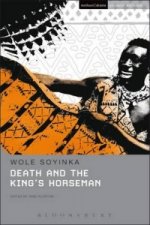
Death and the King's Horseman
11.87 € -
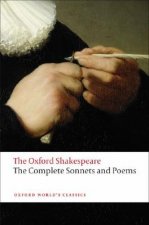
Complete Sonnets and Poems: The Oxford Shakespeare
9.55 € -25 % -
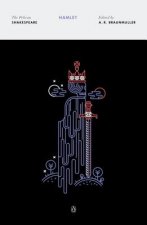
Hamlet
8.85 € -27 % -
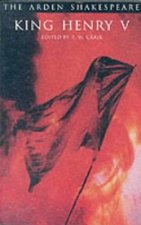
King Henry V
10.76 € -12 % -
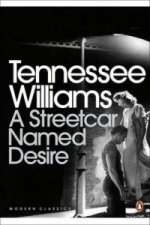
Streetcar Named Desire
10.06 € -24 % -
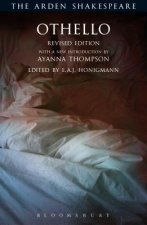
Othello
10.86 € -11 % -
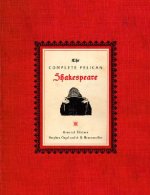
Complete Pelican Shakespeare
64.62 € -18 % -

Cat on a Hot Tin Roof
10.06 € -15 % -

Troilus and Cressida: The Oxford Shakespeare
9.15 € -24 % -
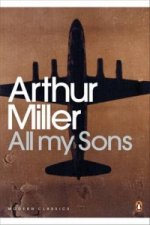
All My Sons
10.16 € -21 % -
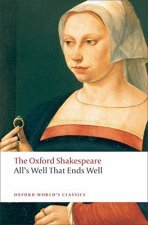
All's Well that Ends Well: The Oxford Shakespeare
9.15 € -24 % -
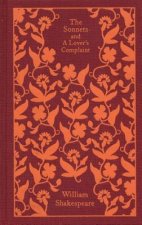
Sonnets and a Lover's Complaint
18.31 € -16 % -
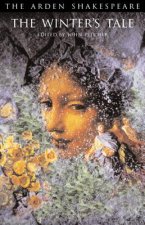
Winter's Tale
12.27 € -7 % -
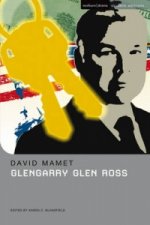
Glengarry Glen Ross
13.38 € -14 % -
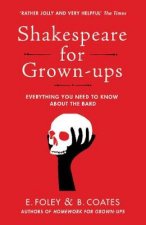
Shakespeare for Grown-ups
11.37 € -27 % -

Nineteen Eighty Four: York Notes Advanced
9.35 € -18 % -
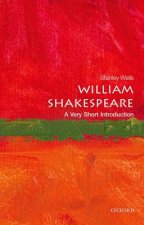
William Shakespeare: A Very Short Introduction
9.25 € -28 % -
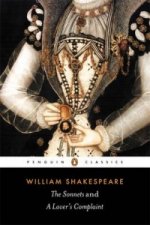
Sonnets and a Lover's Complaint
10.56 € -18 % -
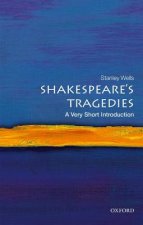
Shakespeare's Tragedies: A Very Short Introduction
9.25 € -28 % -
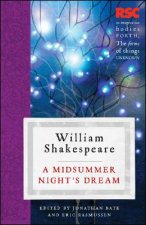
Midsummer Night's Dream
12.98 € -
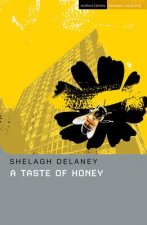
Taste Of Honey
12.98 € -12 % -
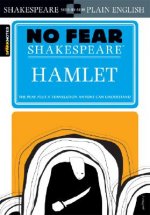
Hamlet (No Fear Shakespeare)
8.45 € -9 % -
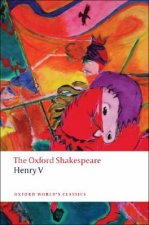
Henry V: The Oxford Shakespeare
9.15 € -24 % -
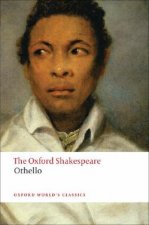
Othello: The Oxford Shakespeare
8.55 € -25 % -
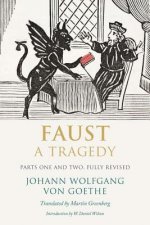
Faust
21.53 € -16 % -
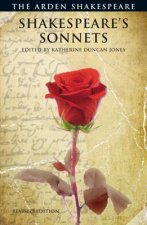
Shakespeare's Sonnets
12.07 € -9 % -

Streetcar Named Desire: York Notes for A-level
10.06 € -17 % -
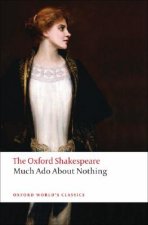
Much Ado About Nothing: The Oxford Shakespeare
8.25 € -24 % -

Henry IV, Part 2: The Oxford Shakespeare
8.55 € -25 % -
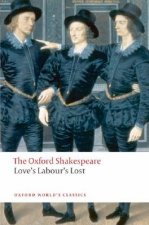
Love's Labour's Lost: The Oxford Shakespeare
8.55 € -25 % -
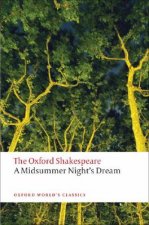
Midsummer Night's Dream: The Oxford Shakespeare
7.74 € -28 % -
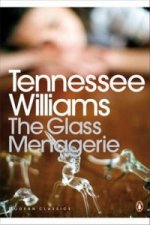
Glass Menagerie
8.95 € -24 % -
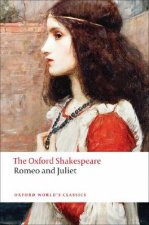
Romeo and Juliet: The Oxford Shakespeare
9.25 € -20 % -
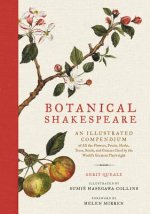
Botanical Shakespeare
21.94 € -22 % -
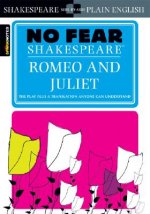
Romeo and Juliet (No Fear Shakespeare)
8.04 € -13 % -
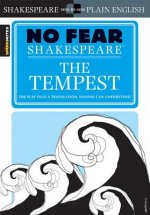
Tempest (No Fear Shakespeare)
7.54 € -19 % -
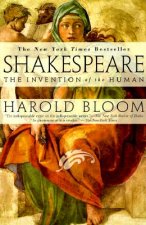
Shakespeare: the Invention of the Human
22.84 € -30 % -

Richard II: The Oxford Shakespeare
8.75 € -27 % -
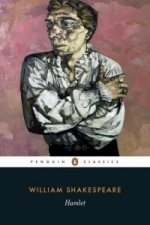
Hamlet
9.35 € -21 % -
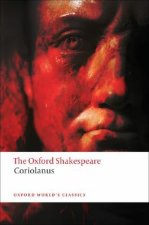
Tragedy of Coriolanus: The Oxford Shakespeare
9.25 € -23 % -
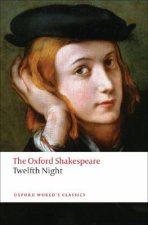
Twelfth Night, or What You Will: The Oxford Shakespeare
8.35 € -27 % -
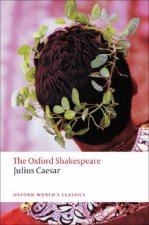
Julius Caesar: The Oxford Shakespeare
9.35 € -22 % -
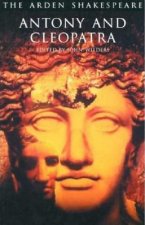
Antony and Cleopatra
10.76 € -12 % -

Henry IV, Part I: The Oxford Shakespeare
10.66 € -17 % -
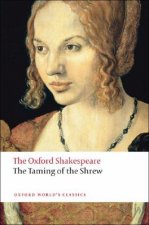
Taming of the Shrew: The Oxford Shakespeare
8.35 € -27 % -
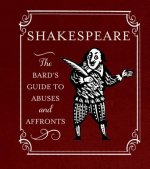
Shakespeare: The Bard's Guide to Abuses and Affronts
6.53 € -29 % -
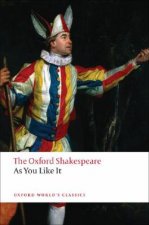
As You Like It: The Oxford Shakespeare
8.35 € -27 % -
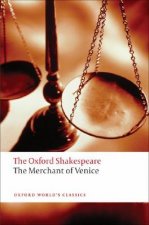
Merchant of Venice: The Oxford Shakespeare
8.75 € -19 % -
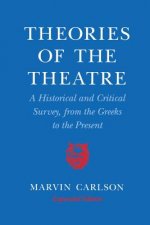
Theories of the Theatre
40.06 €
Collection points Bratislava a 2642 dalších
Copyright ©2008-24 najlacnejsie-knihy.sk All rights reservedPrivacyCookies



 15549 collection points
15549 collection points Delivery 2.99 €
Delivery 2.99 € 02/210 210 99 (8-15.30h)
02/210 210 99 (8-15.30h)